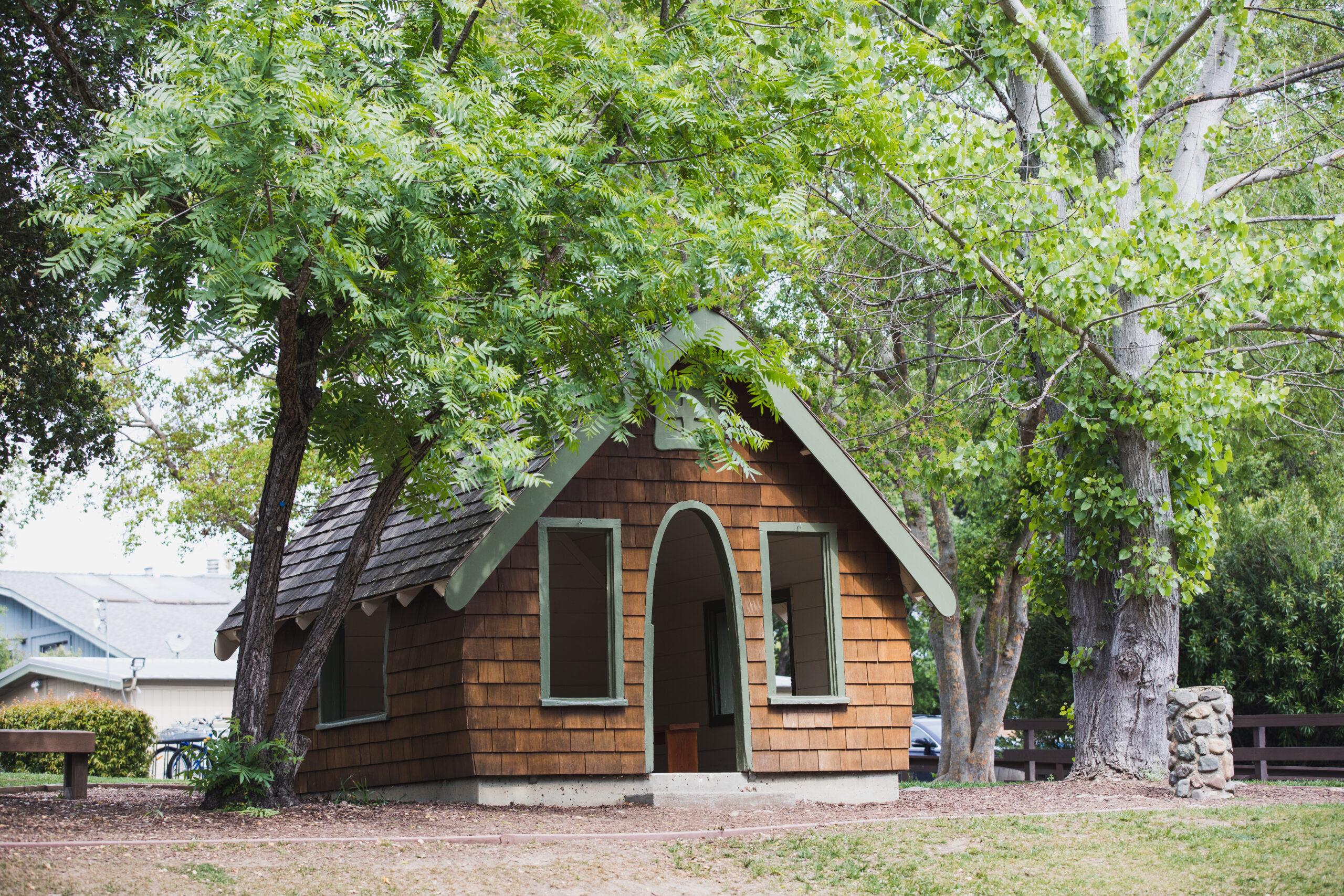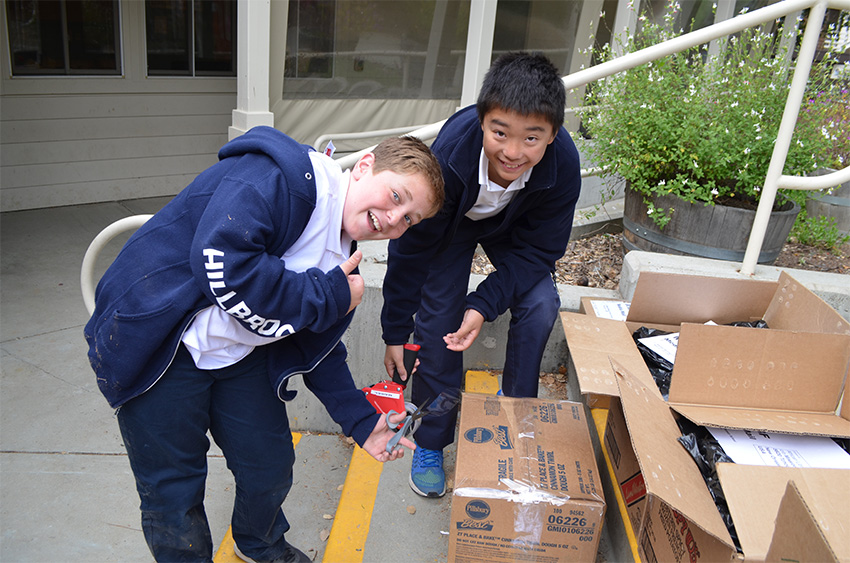
What problem are you going to solve?
A recent meme playing out across the educational Twitter-sphere, inspired by a comment made by Colorado State Senator Mike Johnston, has been a call to replace the question we typically ask children – “what are you going to do when you grow up?” – with a different question – “what problem are you going to solve when you grow up?”
I love this question. It feels so perfectly Hillbrook in its focus on reaching beyond ourselves to make a difference in the world. It also resonates powerfully with my own childhood upbringing, as both of my parents continually reminded me both through words and actions that the true value of a life is measured through the impact we have on others. My most vivid memories of my parents involve examples of sacrifice, unselfishness, and a focus on doing something for someone other than yourself. I remember my father, a doctor, staying up all night to save someone in the emergency room and then still joining me for an 80-mile bike ride to the beach because he had promised me that important father/son journey. Or, my mother, who would bring me along to her weekly visits to the single units of a number of low-income elderly people living in downtown Portland, isolated, alone, and struggling to retain their dignity and their connection to a world that had effectively turned its back on them. Their eyes would light up when my mother walked into the room, her respect for them as fully realized people, not just someone struggling to survive each day, evident in every interaction.
If you asked my parents what problems they were trying to solve, I suspect my father would have said he was simply trying to solve people’s health problems – from back pain to brain tumors, while my mother might have said she was trying to make a small dent in the twin problems of homelessness and aging in an urban environment. To my mind, the specifics of the answer are less interesting or important than the fact that both of them knew they were engaged in meaningful work that was, in a small way, making the world a better place.
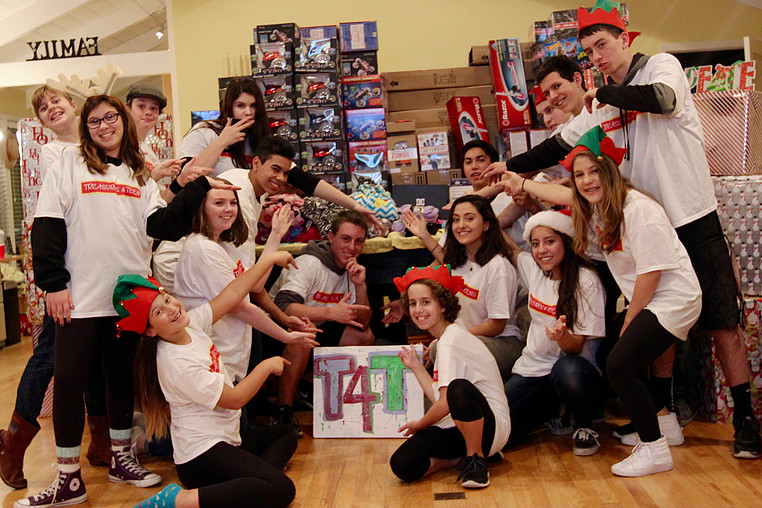 Last week, I received an e-mail from one of our high school alums, Sophie Mortaz, who is the vice-chairperson for Treasures for Teens, a student-led non-profit that provides holiday gifts to teenagers between 11 – 18. Founded six years ago, the organization meets a very specific need that is often overlooked in the broader holiday toy drives of service organizations. Hillbrook students supported this effort this past year, and Sophie was reaching out to follow-up on a conversation we had earlier this year about donating some of our iPads that we were going to remove from circulation to the organization at the end of the year.
Last week, I received an e-mail from one of our high school alums, Sophie Mortaz, who is the vice-chairperson for Treasures for Teens, a student-led non-profit that provides holiday gifts to teenagers between 11 – 18. Founded six years ago, the organization meets a very specific need that is often overlooked in the broader holiday toy drives of service organizations. Hillbrook students supported this effort this past year, and Sophie was reaching out to follow-up on a conversation we had earlier this year about donating some of our iPads that we were going to remove from circulation to the organization at the end of the year.
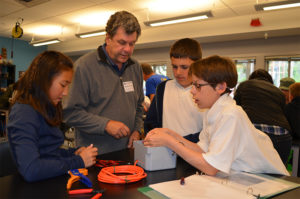
The exchange was noteworthy to me primarily in that it was neither noteworthy nor unusual in the day-to-day experience of our community. Sophie’s effort is just one of a myriad different ways in which the school is continually involved in service learning opportunities. In just the past few weeks, there was the African Library Project and bake sale, the Lighting for Literacy collaboration with the Rotary Club, the adoption by the 1st grade of an animal at the Oakland Zoo, the 1st/2nd grade art exhibition at Los Gatos Coffee Roasting Company, and the monthly 7th/8th grade service learning trips. 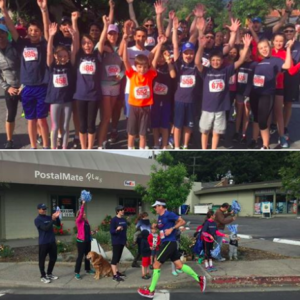 In addition, more than 75 Hillbrook community members participated in the Great Race, a fundraiser for the Los Gatos Rotary. As the largest contingent at the race, we received a donation that we are now working with the Rotary to determine how best to redirect in service of yet another community project.
In addition, more than 75 Hillbrook community members participated in the Great Race, a fundraiser for the Los Gatos Rotary. As the largest contingent at the race, we received a donation that we are now working with the Rotary to determine how best to redirect in service of yet another community project.
Listening to 8th graders sharing capstone projects at Flag this past month, several of them have focused on projects that involve solving a problem they have experienced themselves or seen in the larger community. One student, for example, is developing a possible course for 7th and 8th graders that would help them better manage stress and anxiety, while a group of students is creating a series of videos and simple tinkering equipment kits to help students in less privileged communities have access to the power of design, engineering, and making.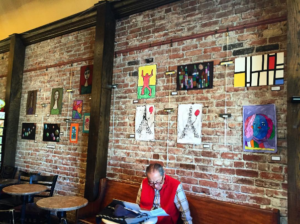
And, lest you think I have forgotten, our parents are continually finding ways to support the school and the community. The school would simply not function without the thousands of hours of parent help, from parent leadership of events like the Auction and our upcoming Walkathon to the tireless work of room parents, service learning drivers and volunteers, parent education coordinators, and so many others. Beyond official roles, parents are also some of our best problem solvers. Two parents, for example, have recently sought to solve one of Hillbrook’s oldest and most intractable problems – the chaotic and ever-overflowing lost & found. Their quiet, behind-the-scenes efforts these past few weeks have made a real dent in the problem and offer hope for all parents that the annual cycle of lost sweatshirts and jackets may eventually be broken.
Big or small, straightforward or complex, solving a problem forces each of us to look beyond ourselves and make something better. Whether talking to our children or reflecting on our own life, we would all be well-served to ask….and ask again…..this simple question, “What problem are you going to solve?”
